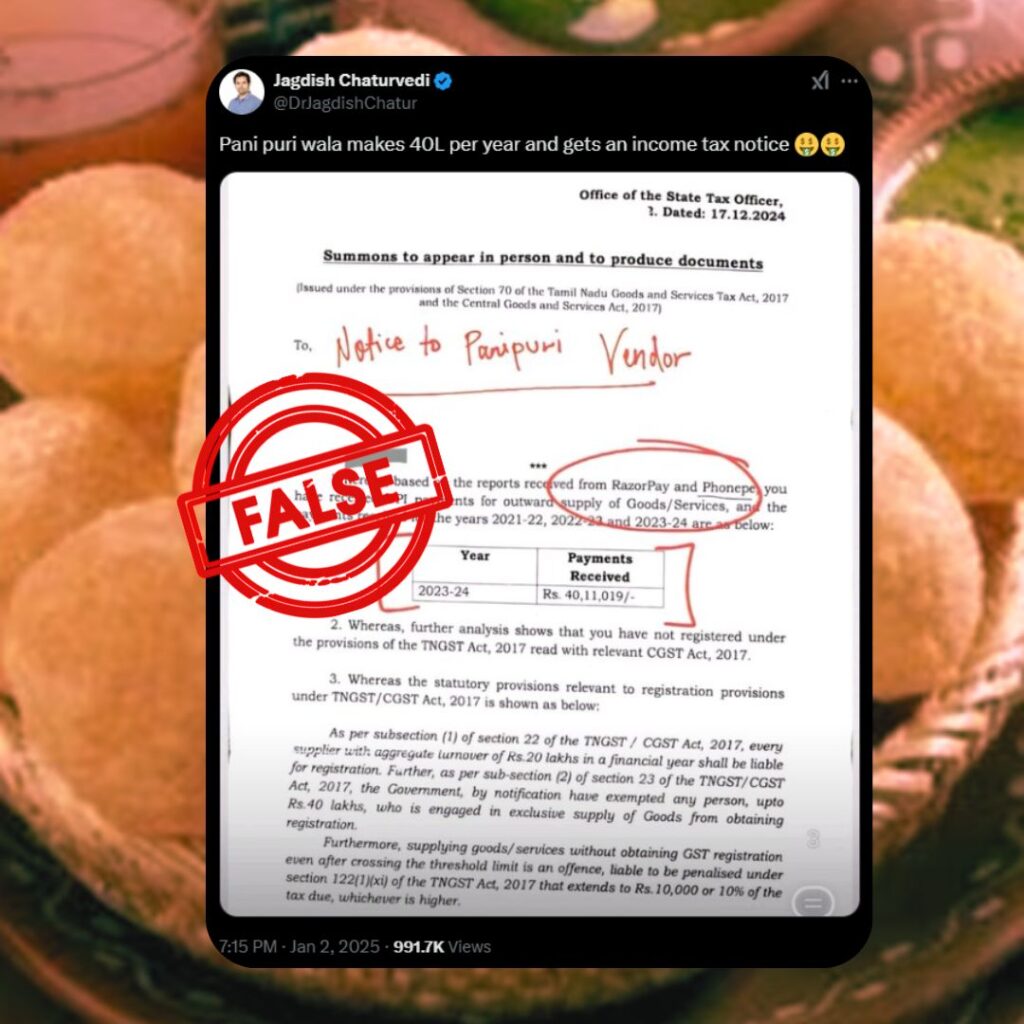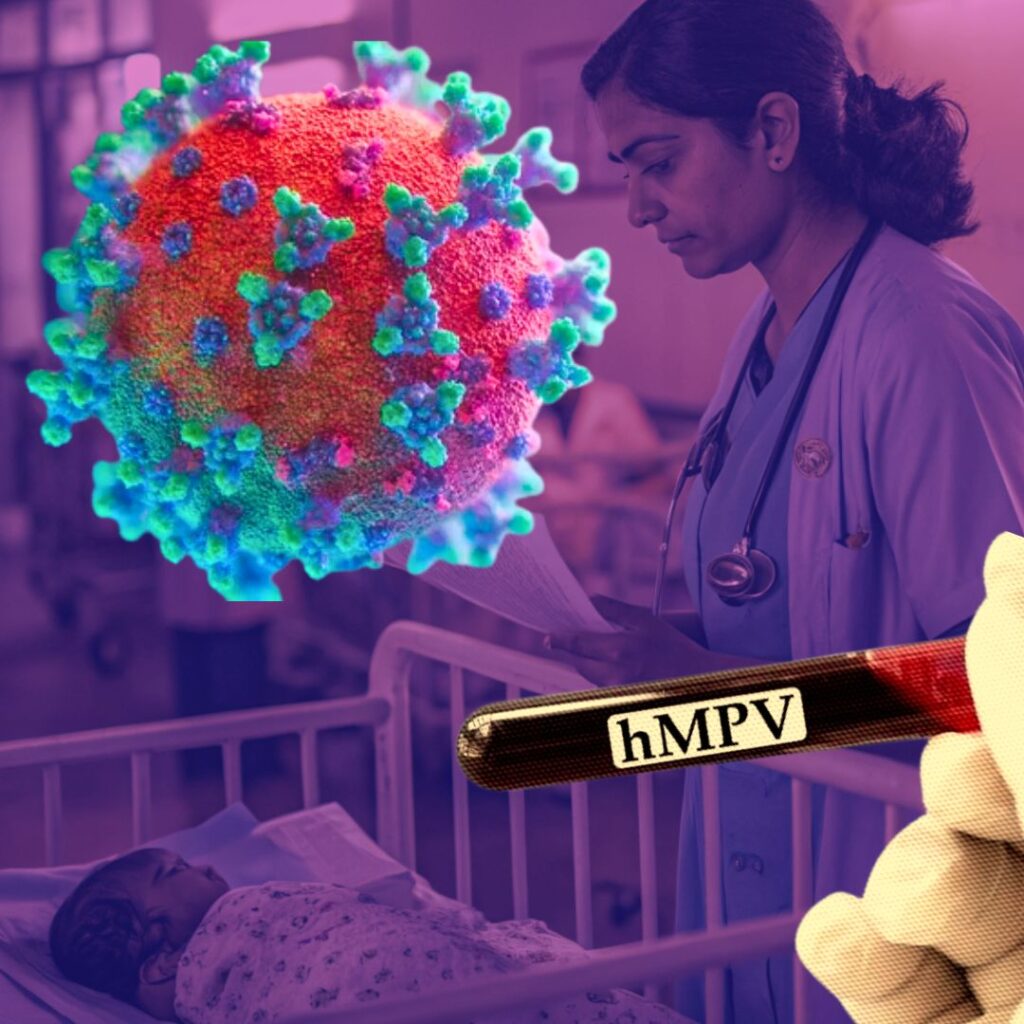In a historic judgement the Supreme Court of India ruled that
• An unwed mother is the natural guardian of her child.
• The mother is not obliged to disclose the identity of the father.
The plaintiff, a government official, had filed a case in the Delhi High Court after she couldn’t move a guardianship petition because the consent of the father was compulsory.
The Hindu Minority and Guardianship Act of 1956 says that the guardian of a minor is “the father, and after him, the mother”.
When the High Court ruled against her, she took her case to the Supreme Court. She argued that the father did not know of the child’s existence, had nothing to do with the upbringing of her child, and was with her for only 2 months. She stated that any disclosure would create problems for both parents, and asserted her right to not disclose his name.
This judgement is a welcome move for single mothers around the country. It is also a boon for cases where there is no paternal presence whatsoever.
Above all it dispels the social stigma against single mothers that is prevalent in India. Remember the legal battle that Sushmita Sen had to fight just so she could adopt a baby? She was a financially stable person but wasn’t initially allowed to adopt given the lack of social acceptance for single parents in general.
One can ask “Isn’t this unfair on the father?” It’s a pertinent question.
Under the law the father was the sole guardian of the child. The law does not take into account cases where the mother was abandoned by the father, left him after convicted abuse, or cases where a single woman decided to adopt. It essentially left the mother out of the equation.
According to the recent judgement, however, in such cases of paternal absence, the woman is the natural guardian. The father, if he knows of the child’s presence, can move the court seeking guardianship himself. So both parents are part of the equation. But if a father doesn’t know of the child’s presence and doesn’t want to be involved in the child’s upbringing at all, where’s the logic in making him the natural guardian by law?











